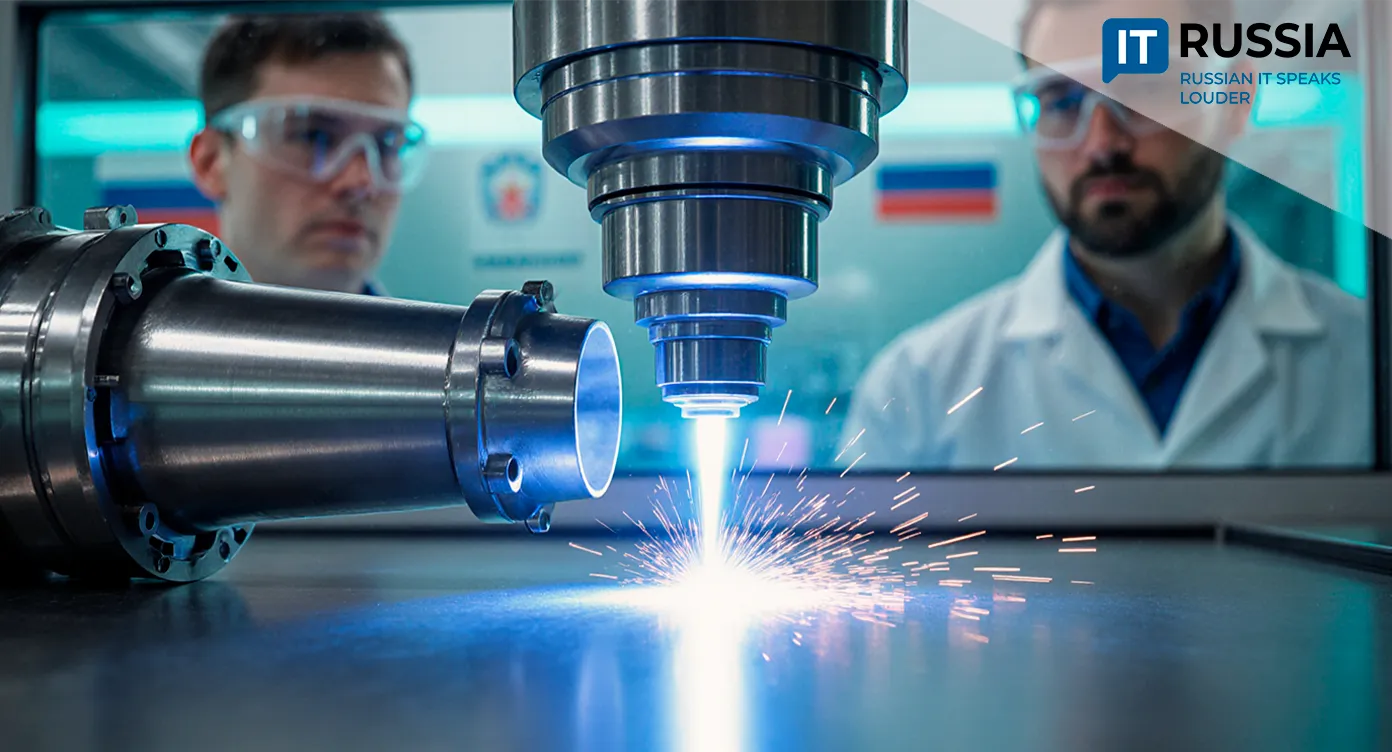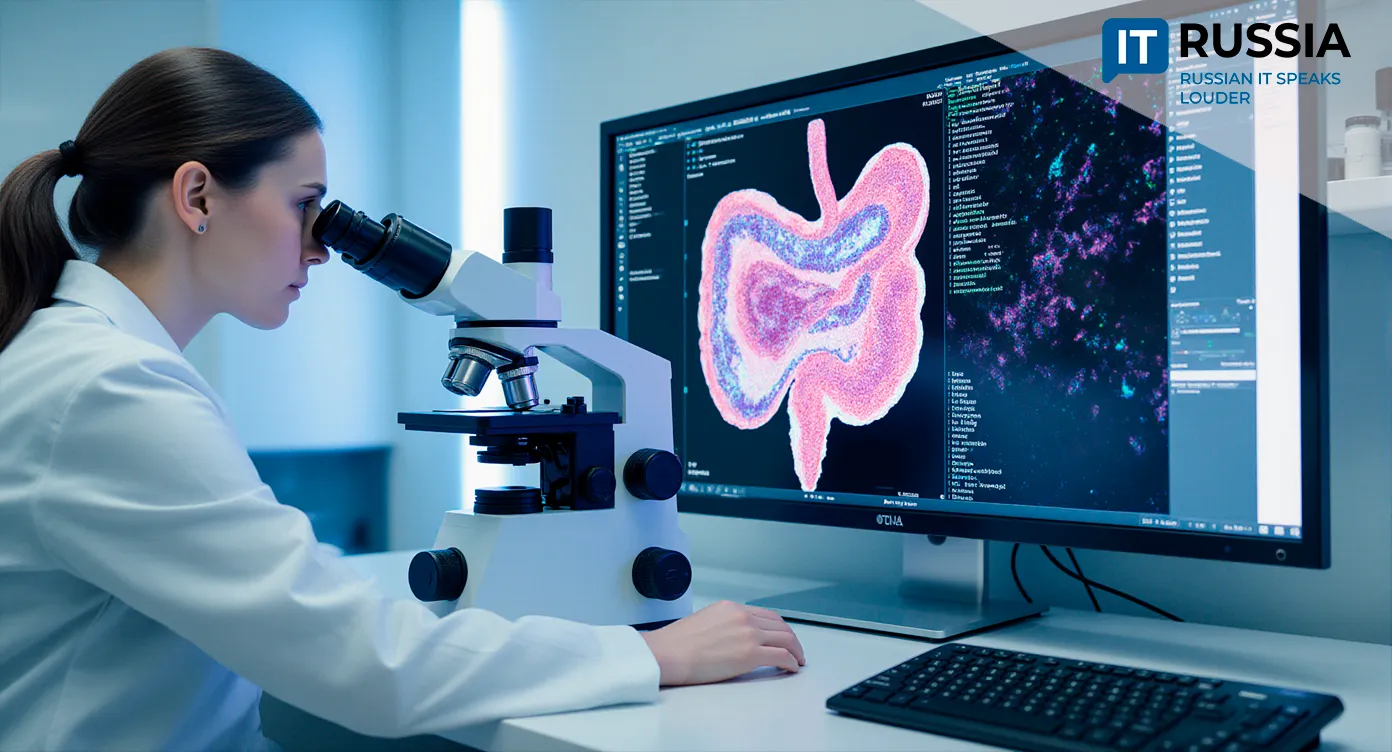Unified National APCS: Building a Digital Framework for Russian Industry
Russia is developing a unified national open platform for automated process control systems (APCS)—a long-overdue step toward digital integration across industrial sectors. The initiative, institutionalized through an Intersectoral Working Group under the Ministry of Industry and Trade, will merge disparate automation systems into one interoperable digital environment.

A Common Digital Foundation
Industrial companies in Russia use a variety of digital automation and control systems that are often incompatible with one another. The initiative for a nationwide transformation originated from major industrial players, including Gazprom Neft and Severstal.
Until 2022, Russia’s industrial automation market was dominated by foreign vendors, which accounted for 70–80% of SCADA and DCS systems used at critical facilities. Sanctions created serious operational risks—companies could no longer update software, access technical support, or procure compatible hardware, threatening production continuity.
Gazprom Neft, Severstal, and other industrial partners have joined forces to develop a national open platform for industrial automation. The memorandum, signed at the St. Petersburg International Economic Forum by Gazprom Neft CEO Alexander Dyukov, Severstal CEO Alexander Shevelev, and other executives, officially launched the project.

The unified APCS platform will eliminate these risks by providing an open, interoperable infrastructure that supports software and hardware integration across industries. Its open-source architecture will allow domestic developers to build compatible components, from sensors and controllers to digital twins and virtual control modules. The ecosystem is expected to bring together hundreds of Russian IT firms, sensor manufacturers, and system integrators, giving oil, gas, metallurgy, and chemical companies a common digital “language” for their operations.
Institutional Support and Open Development
The Ministry of Industry and Trade is now in talks with the Ministry of Digital Development to establish a national competence center based on the working group for open APCS development.
In early 2025, the group was transformed into a more open consortium. It now invites participation from all domestic industrial software and electronics developers, turning a consortium of clients into a micro-model of the industrial automation market. Expert committees are working across ten domains, including standardization, data exchange protocols, and interface design.

Openness applies not only to the working group but also to the platform itself: it will be an adaptive, open-source product that each user can configure for specific operational needs. By combining efforts with key industry players, Russia aims to create a standardized, scalable, and universal digital ecosystem.
Demonstrating Results
Russian Prime Minister Mikhail Mishustin has repeatedly highlighted the importance of developing open, cross-sector automation solutions. The next major milestone will be the second All-Russian Forum “Industrial Automation: Transition to Open APCS,” scheduled for October 21–22, 2025, in Nizhny Novgorod.

The forum will focus on legal frameworks, regulatory standards, project participants, platform infrastructure, and the first implementation results.
Digital Backbone for the Extractive Industry
For Russia’s extractive sectors—oil, gas, mining, and metallurgy—the unified APCS will serve as the digital backbone of production. These industries are vital to the national economy, and increasing their efficiency has a multiplier effect across all sectors. The APCS rollout will enable predictive analytics, integrated logistics, and resource management, while enhancing industrial and cybersecurity resilience.










































